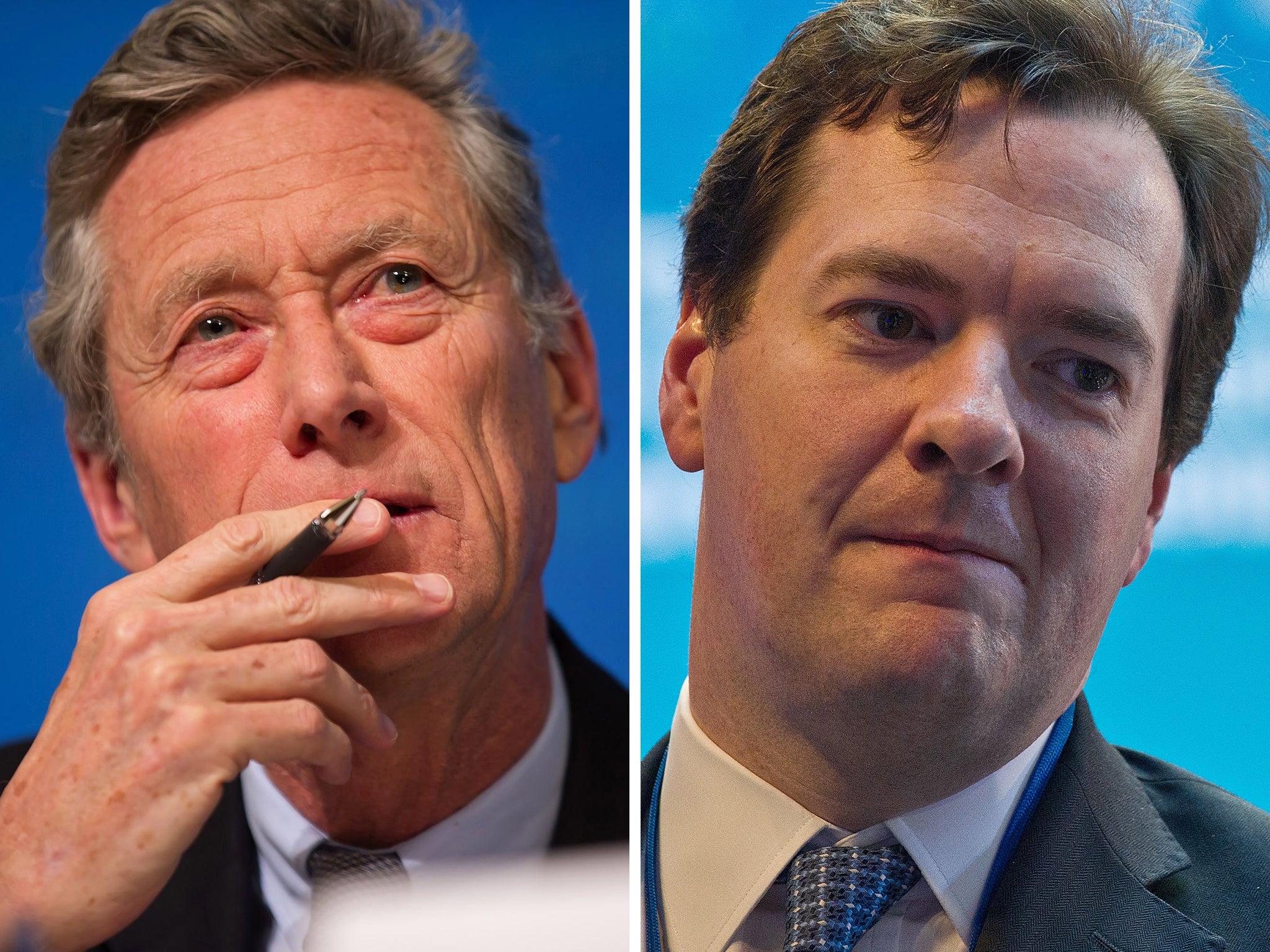Even if the latest figures for our GDP are wrong, growth is still abysmal. What's going on?
With the Budget now less than two months away, this increases the pressure on the Coalition. Our Chief Economics Commentator on the government's difficulties


Your support helps us to tell the story
From reproductive rights to climate change to Big Tech, The Independent is on the ground when the story is developing. Whether it's investigating the financials of Elon Musk's pro-Trump PAC or producing our latest documentary, 'The A Word', which shines a light on the American women fighting for reproductive rights, we know how important it is to parse out the facts from the messaging.
At such a critical moment in US history, we need reporters on the ground. Your donation allows us to keep sending journalists to speak to both sides of the story.
The Independent is trusted by Americans across the entire political spectrum. And unlike many other quality news outlets, we choose not to lock Americans out of our reporting and analysis with paywalls. We believe quality journalism should be available to everyone, paid for by those who can afford it.
Your support makes all the difference.The headline GDP figures are depressing, holding out the possibility of another dip into recession – officially two consecutive quarters of negative growth. But the puzzle these and other recent GDP numbers raise has, if anything, deepened. For most other measures of the UK economy suggest that there has been some growth over the past year, albeit at a disappointingly slow rate.
The most obvious contrast is between the employment figures and GDP. We don’t have final figures yet for the whole year, but on the most recent data, the economy added a net half a million jobs over the year. Some are part-time to be sure but there were nearly 100,000 extra full-time ones in the past three months. Manufacturing output is measured as down 1.5 per cent, but employment is up three per cent. In fact, the private sector is creating new jobs faster than ever before in our history and faster, in relation to the size of the economy, than in any other large developed nation.
This picture is confirmed by rising national insurance contributions and VAT receipts.
Just don't know
So what is the explanation? We simply don’t know and won’t for perhaps three years, when all the data has been collected and assessed. But a best guess for GDP is that several variables are all leading to a distortion in one direction.
First, output is being under-measured, partly because of the difficulty of measuring the output of service industries and partly because inflation may not be quite as high as at present projected. (If inflation is overstated, real output is higher for any given level of money output.)
There is a further distortion from the fall in North Sea oil output, which may be chipping 0.5 per cent off overall growth. And these latest figures assume a sharp fall in construction in the final quarter, which many people think is implausible.
On the other side, employment, companies may be “hoarding” jobs, keeping people on, so that if the demand picks up they will be able to meet it.
Those facing increased demand may be hiring more people rather than investing in new equipment. And the rise in part-time working and self-employment may conceal some involuntary job creation: people who would like full-time salaried jobs making do with whatever work they can find.
Whatever the explanation, growth is disappointingly slow. Income tax and corporation tax revenues are weak, making the target of cutting the underlying fiscal deficit this year hard to attain. Without better growth the deficit-cutting plan is stuck.
Limited room for manoeuvre
And with the Budget now less than two months away, this increases the pressure on the Coalition to figure out some way of boosting growth.
But the two obvious options are virtually closed. Those who argue that the deficit should be cut more slowly have to acknowledge that it is already being cut much more slowly than was originally planned.
And those who argue that monetary policy should be eased have to acknowledge that policy is already extraordinarily loose.
So, expect small, detailed measures to reignite things – such as more use of private funds for infrastructure investment – but expect the main thrust of policy to be maintained in the hope that more buoyant financial conditions will gradually lift us off into better growth.
Meanwhile, let’s hope the jobs keep coming.
Join our commenting forum
Join thought-provoking conversations, follow other Independent readers and see their replies
Comments